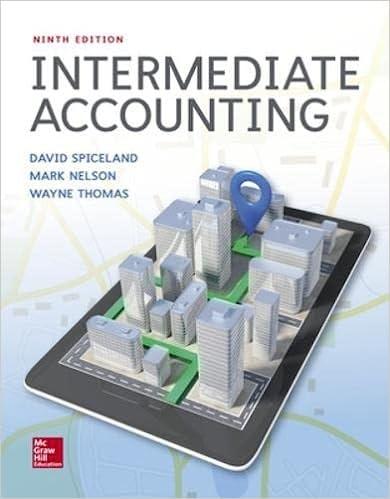n May 2001, the Securities and Exchange Commission sued the former top executives at Sunbeam, charging the
Question:
The strategy appeared to work. In 1997, Sunbeam's revenues had risen by 18 percent. However, in April 1998, the brokerage firm of Paine Webber downgraded Sunbeam's stock recommendation. Why the downgrade? Paine Webber had noticed unusually high accounts receivable, massive increases in sales of electric blankets in the third quarter 1997, which usually sell best in the fourth quarter, as well as unusually high sales of barbeque grills for the fourth quarter. Soon after, Sunbeam announced a first quarter loss of $44.6 million, and Sunbeam's stock price fell 25 percent.
It eventually came to light that Dunlap and Sunbeam had been using a “bill and hold” strategy with retail buyers. This involved selling products at large discounts to retailers before they normally would buy and then holding the products in third-party warehouses, with delivery at a later date.
Many felt Sunbeam had deceived shareholders by artificially inflating earnings and the company's stock price. A class-action lawsuit followed, alleging that Sunbeam and Dunlap violated federal securities laws, suggesting the motivation to inflate the earnings and stock price was to allow Sunbeam to complete hundreds of millions of dollars of debt financing in order to complete some ongoing mergers. Shareholders alleged damages when Sunbeam's subsequent earnings decline caused a huge drop in the stock price.
Required:
1. How might Sunbeam's 1997 “bill and hold” strategy have contributed to artificially high earnings in 1997?
2. How would the strategy have led to the unusually high accounts receivable Paine Webber noticed?
3. How might Sunbeam's 1997 “bill and hold” strategy have contributed to a 1998 earnings decline?
4. How does earnings management of this type affect earnings quality?
Accounts Receivable
Accounts receivables are debts owed to your company, usually from sales on credit. Accounts receivable is business asset, the sum of the money owed to you by customers who haven’t paid.The standard procedure in business-to-business sales is that... Corporation
A Corporation is a legal form of business that is separate from its owner. In other words, a corporation is a business or organization formed by a group of people, and its right and liabilities separate from those of the individuals involved. It may...
Fantastic news! We've Found the answer you've been seeking!
Step by Step Answer:
Related Book For 

Intermediate Accounting
ISBN: 9781259722660
9th Edition
Authors: J. David Spiceland, James Sepe, Mark Nelson, Wayne Thomas
Question Posted:





